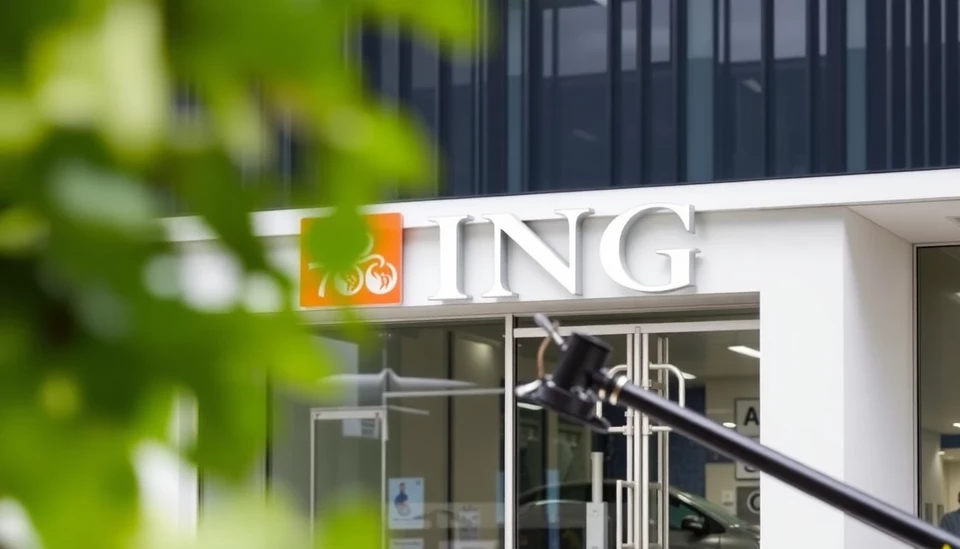
In a recent statement, Ana Botín, the Executive Chairman of Banco Santander, emphasized the pressing need for a significant re-evaluation of climate transition strategies. Speaking at the COP28 climate conference, Botín articulated that while substantial efforts have been made toward achieving sustainability goals, the current approaches are insufficient and must be refined significantly to drive real change.
Botín noted that financial institutions have a pivotal role in facilitating the green transition by directing funds toward eco-friendly projects. However, she underscored the necessity for clearer frameworks and policies that can guide investments in a way that meets the formidable challenges posed by climate change effectively. She believes that without these improvements, there is a risk of falling short of global climate targets.
The banking executive highlighted that there needs to be an enhancement in collaboration among financial entities, governments, and businesses to create a more cohesive and effective strategy for managing climate risks and expanding sustainable investments. This includes standardizing reporting metrics and ensuring transparency in how financial resources are allocated to sustainable projects.
Botín also pointed out that the transition to a low-carbon economy is not just a matter of compliance or obligation; it presents an opportunity for innovation and growth within the financial sector. She spoke about the potential for developing new financial products tailored for sustainability, which could drive a significant increase in capital directed toward green initiatives.
Moreover, she urged a more inclusive dialogue that involves various stakeholders, including communities affected by climate change, to ensure that the solutions devised are equitable and beneficial to all. This inclusiveness, according to Botín, is crucial for fostering trust and collaboration, which are essential for the successful execution of climate strategies.
The urgency of Botín's message resonates deeply against the backdrop of ongoing climate-related challenges faced by various regions. As global temperatures rise and climate events become more severe, the importance of proactive and impactful measures cannot be overstated. She called upon leaders in the financial sector to think beyond traditional profit motives and consider the broader implications of their investment decisions.
As Santander continues to position itself as a leader in sustainable finance, Botín's remarks serve as a rallying cry for stakeholders across the spectrum to address and rectify the systemic issues that hinder effective climate transition efforts. By fostering innovation, enhancing collaboration, and prioritizing inclusivity, she believes a more resilient and equitable future can be achieved.
With the global climate agenda being a top priority, Botín's call for action arrives at a critical juncture for both the financial sector and global policy makers. It remains to be seen how quickly and effectively these changes can be implemented, but the necessity for action is clear.
In conclusion, Santander's Ana Botín has highlighted the urgent need for a robust and coherent transition strategy to tackle climate challenges effectively. As stakeholders in various sectors are called upon to engage and innovate, the hope is that a collaborative effort can yield a more sustainable and equitable future for all.
#ClimateAction #Sustainability #AnaBotin #Santander #COP28 #GreenFinance
Author: Peter Collins




